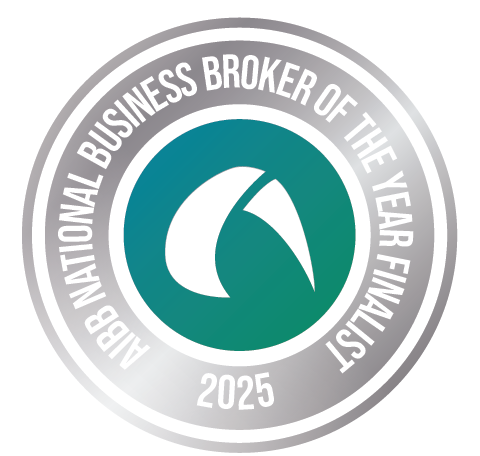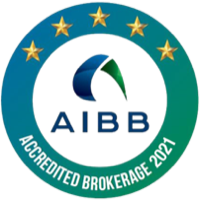Bold Predictions for 2025
As Australia’s leading RTO business broker and industry expert, i’ve had the privilege of witnessing the evolution of the Registered Training Organisation (RTO) sector firsthand. The changes over the last 25 years pale in comparison to the recent changes. With over 140 RTO transactions under my belt and extensive experience as both an RTO owner and CEO, I have needed to keep a close eye on the basket as I am “all-in” on the RTO sector.
As we start 2025, significant changes are on the horizon will reshape the landscape of vocational education and training in Australia. Let’s dive into what the future holds for RTOs in 2025.
The changing face of RTO Standards
The year 2025 marks a pivotal moment for RTOs across Australia with the implementation of the revised Standards for Registered Training Organisations. These new standards, set to come into full regulatory effect from 1 July 2025, aim to enhance clarity, strengthen quality outcomes, and foster innovation in training delivery. This is the largest change since the standards were adopted in 2015.
Below I have made some predictions – some simple and some a little more out there…
Prediction 1: Enhanced industry engagement will become paramount
One of the most significant changes we’ll see is a stronger emphasis on industry engagement. RTOs will need to provide substantial evidence of ongoing collaboration with industry partners, moving beyond one-off consultations to systematic engagement processes.
This slight shift will ensure training remains relevant and up-to-date with current industry practices. This change will bridge the gap between education and employment, enhancing graduate employability and contributing to workforce development.
Prediction 2: Digital literacy will become a core focus
The 2025 standards will place a significant emphasis on digital capability, reflecting the increasing reliance on technology in both education and the workplace. RTOs will be required to assess the digital capability of learners, similar to how they currently assess language, literacy, and numeracy (LLN) skills. This shift acknowledges the critical role of digital skills in modern workplaces and the need for RTOs to prepare students for a digitally-driven future.
Prediction 3: The Emergence of “Hybrid RTOs”
2025 will see the rise of “Hybrid RTOs” that blur the lines between traditional vocational education providers and technology companies. These new entities will:
- Develop proprietary edtech platforms that combine learning management, student support, and industry engagement
- Offer a mix of accredited training and non-accredited professional development
- Leverage big data and predictive analytics to align course offerings with future industry needs
Post COVID-19 there has been an acceleration in the adoption of online and blended learning models, and this trend will continue to shape the RTO landscape in 2025. The new standards are expected to reflect this shift, encouraging RTOs to leverage digital tools and platforms to enhance accessibility, flexibility, and effectiveness of their training programs
This shift will lead to increased competition in the sector and may result in consolidation as smaller RTOs struggle to keep up with the technological arms race.
Prediction 4: The Rise of micro-credentials will revolutionise course offerings
In 2025, we’ll see a seismic shift in how RTOs structure their course offerings. Micro-credentials will become the dominant form of vocational education, with traditional qualifications being broken down into smaller, more focused units of competency. This change will be driven by:
- Industry demand for more agile and specific skill sets
- Learners seeking faster routes to employment or career advancement
- The need for continuous upskilling in rapidly evolving industries
This shift will require significant investment in curriculum development and new delivery platforms.
Prediction 5: AI-Powered personalised learning will become the norm
Artificial Intelligence will transform the learning experience in RTOs. We’ll see:
- AI-driven adaptive learning systems that adjust content difficulty and pacing based on individual student performance
- Personalised study plans generated by machine learning algorithms
- Virtual AI tutors available 24/7 to answer student queries
This level of personalisation will dramatically improve student outcomes and completion rates. However, it will also require RTOs to make substantial investments in technology infrastructure and data analytics capabilities.
These predictions represent a dramatic transformation of the RTO sector in 2025. While they may seem extreme, the rapid pace of technological advancement and changing societal expectations make such shifts entirely possible. RTOs who anticipate and prepare for these changes will be well-positioned to thrive in this new landscape, while those who resist change may find themselves obsolete.
The changes coming in 2025 represent a significant step forward for the RTO sector in Australia. As we approach this pivotal year, RTOs must embrace these changes as opportunities for growth and improvement. Those that do will not only meet regulatory requirements but will also position themselves as leaders in delivering high-quality, industry-relevant education and training programs. The future of RTOs in Australia is bright, and I’m excited to see how these changes will shape our industry in the years to come. As always, I’m here to support RTOs through these transitions, whether through consultancy, brokerage services, or sharing industry insights. Remember, in the world of RTOs, adaptability and innovation are key. Let’s embrace these changes and work together to build a stronger, more responsive vocational education sector for Australia.
Travis Latter
The RTO Specialist.









